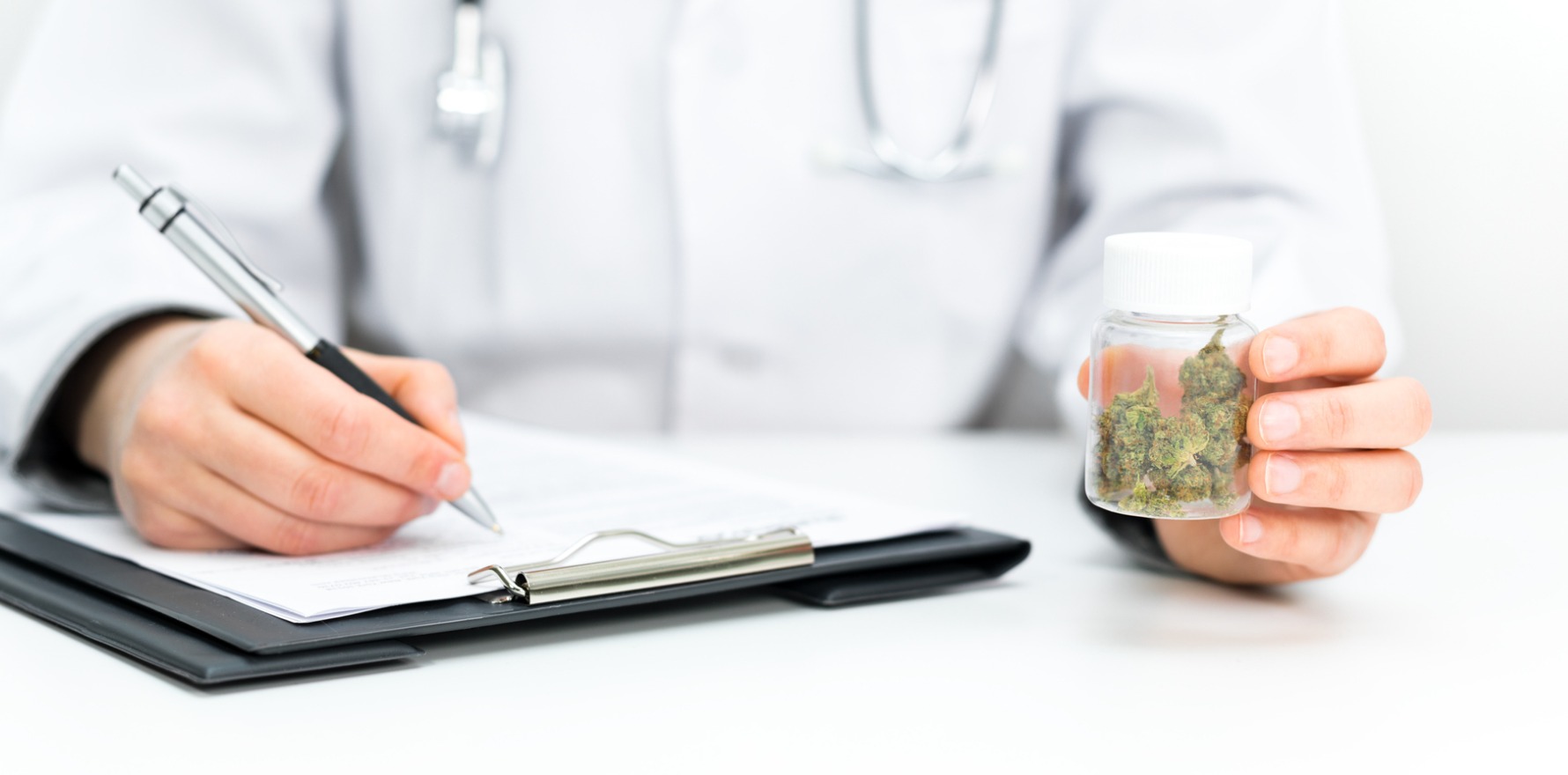For most conditions the evidence does not support calling it therapeutic. So what is the doctor’s role?
Life is a dynamic spectrum disorder. We all flutter somewhere between missionary, mercenary, mystic or misfit, depending on mood and sensibility.
As doctors, we likewise move randomly between altruism and entrepreneur with a medical degree. Our sense of self-worth is sometimes reflected in the value of the car we drive. Mine’s a dusty old Jeep Wrangler.
Somewhat related, I’ve heard it said that some doctors get the patient that they deserve. Maybe that’s a bit harsh.
I’m a salaried medical practitioner within the field of addiction medicine and work in a marketplace where fee for service has mostly failed. My patients are heterogenous group that have come from mainly socially disadvantaged, marginalised backgrounds with wide-ranging traumatisation in the mix.
I see those who have developed an unhealthy relationship with substances and behaviours. Some make up the long-lost tribe of the Methadonians, others the Suboxonites; still others are simply alone and lost. They are the misplaced children of God, disconnected from the main body of our community. They are often stigmatised and misunderstood. Occasionally their behaviour is challenging, often because it derives from learnt primitive survival mechanisms. What you see is what looms above the waterline. What we try to treat is the much larger piece of the iceberg below.
This iceberg contains adverse childhood events that have ingrained a subconscious victimhood. This marks them out for predators higher up the food chain. Due to the power difference, doctors can be seen as predators. In certain circumstances we are predators.
Enter “medicinal” cannabis.
First, let me say that on balance, I would decriminalise cannabis in the blink of an eye. Ingested as an oil, it appears to be less harmful than alcohol, which is strongly linked to almost every type of human cancer. That link does not at present exist for cannabis. Nor is it possible to lethally overdose. As a recreational psychoactive substance, cannabis’s continued criminalisation in a heavy alcohol drinking culture is perverse.
What worries me is the proliferation of entrepreneurs with medical degrees offering shortcuts to “medicinal” cannabis. For muscular dystrophy, oncology-related anorexia, rare forms of refractory epilepsy, sure. Persistent pain, well the jury is still out. A recent metaanalysis in JAMA Network Open showed cannabis to be no better than placebo. My patients who swear by medicinal cannabis for pain have all been smoking cannabis since their early teens and certainly decades prior to developing their pain! So, we need to examine the demographics of special populations and compare numbers needed to treat (NNT) with numbers needed to harm (NNH).
Opioid substitution therapy (OST) has been studied now for 60 years. The social and individual benefits are established. However, these benefits are not transferable for other psychoactive drugs in the acknowledged research literature. Long-term benzodiazepines therapy for alcohol use disorder carries an unacceptably low NNH. As a GABA receptor binding facilitator, they can be viewed as a slow and longer acting pseudo-alcohol in a pill.
As a child I’d often do my homework while watch The Beverly Hillbillies. I loved how Granny covertly referred to her stash of moonshine as her rheumatism meds, with a sneaky grin. In modern times, I am yet to hear of doctors prescribing medications off the shelves of your local bottle-O.
So, I was puzzled to discover via Q-Script, the online real-time medicine monitoring service, that numbers of my tribe were visiting my entrepreneurial colleagues to source “medicinal” cannabis. I can accept that acquiring drugs that are subject to quality control measures from a pharmacy on prescription from a doctor is better than sourcing it from criminal dealers. That’s reducing a social harm. Several of my tribe are on parole in the justice system. Having a medical prescription for their recreational drug keeps them out of prison. That’s reducing individual and social harm, maybe. But isn’t that a socio-legal decision rather than a medical one?
Many of my patients’ medical diagnoses would benefit if I could issue them with a prescription that said mitte: stable accommodation, meaningful employment, or violence-free relationships; sig: in perpetuity, as in set and forget. (I do sometimes issue feigned scripts for exercise and other lifestyle changes.) These ethical conundrums were not on my medical school or specialty college curriculum. And what of the actual or perceived NNH?
The occasional joint, cone, pipe before a rock concert to be used as an internal graphic equaliser for the senses is one thing. There is strong evidence that long-term daily use as you get older invites sleep disturbance, anxiety and depression. So do you then continue cascade-prescribing with antidepressants, anxiolytics, and off-label antipsychotics? Moreover, daily cannabis in practice often destabilises other therapies including OST either directly or by demotivating and thus disengaging patients from beneficial talking therapies.
Here’s the thing. I don’t treat “addiction”, if by that you mean neuroadaptation to psychoactive drugs, which culminates in a disturbing inner conversation due to cognitive dissonance between the prefrontal cortex and limbic systems. I try to help people manage and recover from shattered lives. Precipitating and perpetuating factors in those shattered lives are “drugs”. The messaging is counterfeit if it reads “more drug or the next additional drug will provide the magic cure”.
My plea is that we stop this ambiguity. If folk want to use dope recreationally, let them. But please don’t call it medicinal. We need to navigate the fine line between being part of the problem and part of the solution.
Do we as doctors have a role in legitimise the breaking of a law, even if we don’t agree with that law?


